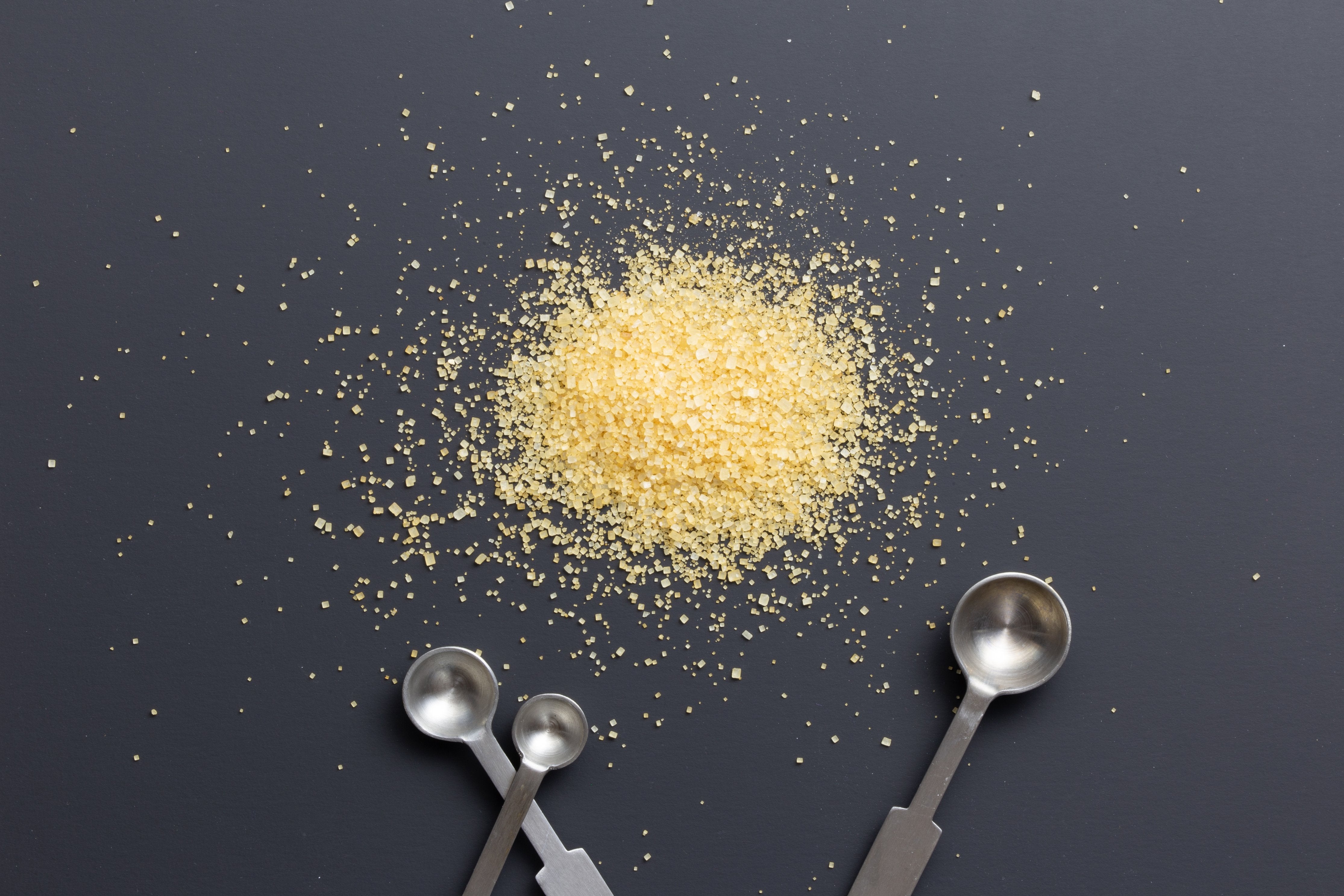The Great Sugar Debate

For the longest time, “Eat your fruits and vegetables” was sensible, and obvious, advice for healthy eating. Packed with nutrients, fruits and vegetables have myriad proven benefits. In recent years, though, people have grown wary of fruit because it contains sugar - and excess fructose can lead to not only obesity, but diabetes, heart disease and possibly even cancer.

Natural vs. Added Sugars
But before you swap out sweet strawberries, apples and oranges for kale (no offense, kale), consider the differences between natural sugar and added sugar. The advice to avoid sugar is sound, when it comes to added sugar. While both natural sugars and added sugars are purely carbohydrates, fruits are the source of essential nutrients like potassium, vitamin C and folate. The refining process used in added sugars, on the other hand, zaps most nutrients.
Oreos and its ilk aren’t the only items to avoid if you want to steer clear of added sugar, however. While you expect to find added sweeteners like high-fructose corn syrup, in, say, Cap’n Crunch, you’ll also find them in snacks like Ritz crackers. Lesson: you can’t check labels too carefully.
Speaking of those labels, be wary of companies that disguise how much sugar is in a product by calling different types of sugar by different names (maltose, high-fructose corn syrup, organic evaporate cane juice), making it more difficult to tell how much sugar is in it. Tricky, right?
Bottom line: You don’t have to give up sugar, just stick to whole fruit, or products like organic cold-pressed Living Juice that contain no added sugar and are produced to maximize the nutrients, vitamins and minerals a body needs.
Because man cannot live by kale alone.



